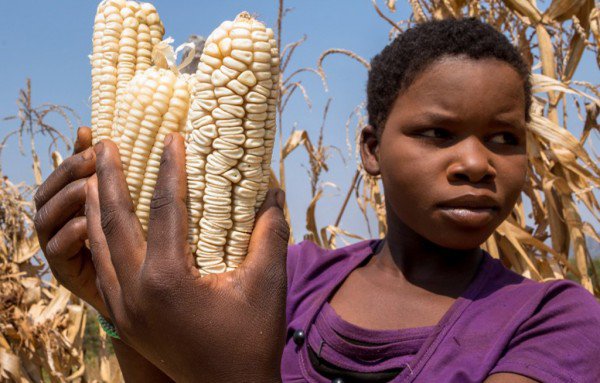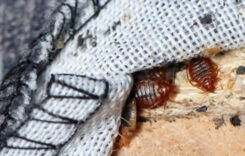CORRECTION – In an earlier version of this Factsheet – How much basic food is consumed in Zimbabwe – we stated that 1.8 million tonnes of maize were consumed annually. But official statistics from the Ministry of Lands, Agriculture, Water, Climate and Rural Resettlement show this figure is for a group of cereals, which includes maize and small grains such as sorghum and millet. This is a corrected version.
Zimbabwe is facing severe food shortages this year which have led the World Food Programme (WFP) to launch an appeal for US$200 million to help sustain half the country’s 16 million people.
Here is a snapshot of some Zimbabwe’s food consumption figures:
Cereals
How much cereal does Zimbabwe require annually?
According to official government data, Zimbabwe required about 1.8 million tonnes of maize, sorghum, pearl millet and finger millet in 2018/19 for human consumption.
Wheat
Zimbabwe has in recent years produced an average 150,000 tonnes of wheat annually against national requirements of 450,000 tonnes a year, according to data from the state Grain Marketing Board (GMB).
Cooking oil
Zimbabwe needs 8,500 tonnes of edible oils per month and 10,000 tonnes of soya (bean) oil cake, used primarily for poultry feed. The Oil Expressers Association of Zimbabwe says about $20 million is required monthly for these oil imports.
Sugar
By 2019 Zimbabwe, was producing an average 500,000 tonnes of sugar annually and consuming 350,000, according to Commercial Sugar Producers Association (CSPA) and the country’s major sugar grower Tongaat Hullet.
Rice
Rice consumption has risen over the years, with Zimstats data showing that imports have been growing sharply from around 50,000 tonnes in 2010 to 154, 833 tonnes in 2017. Zimbabwe does not grow rice commercially.
Sources: Zimbabwe government statistical agency ZimStats, Grain Marketing Board (GMB), United Nations Office for the Co-ordination of Humanitarian Assistance, WFP data, Oil Expressers Association of Zimbabwe (OEAZ), Tongaat Hullet, Commercial Sugar Producers Association (CSPA).
Do you want to use our content? Click Here












